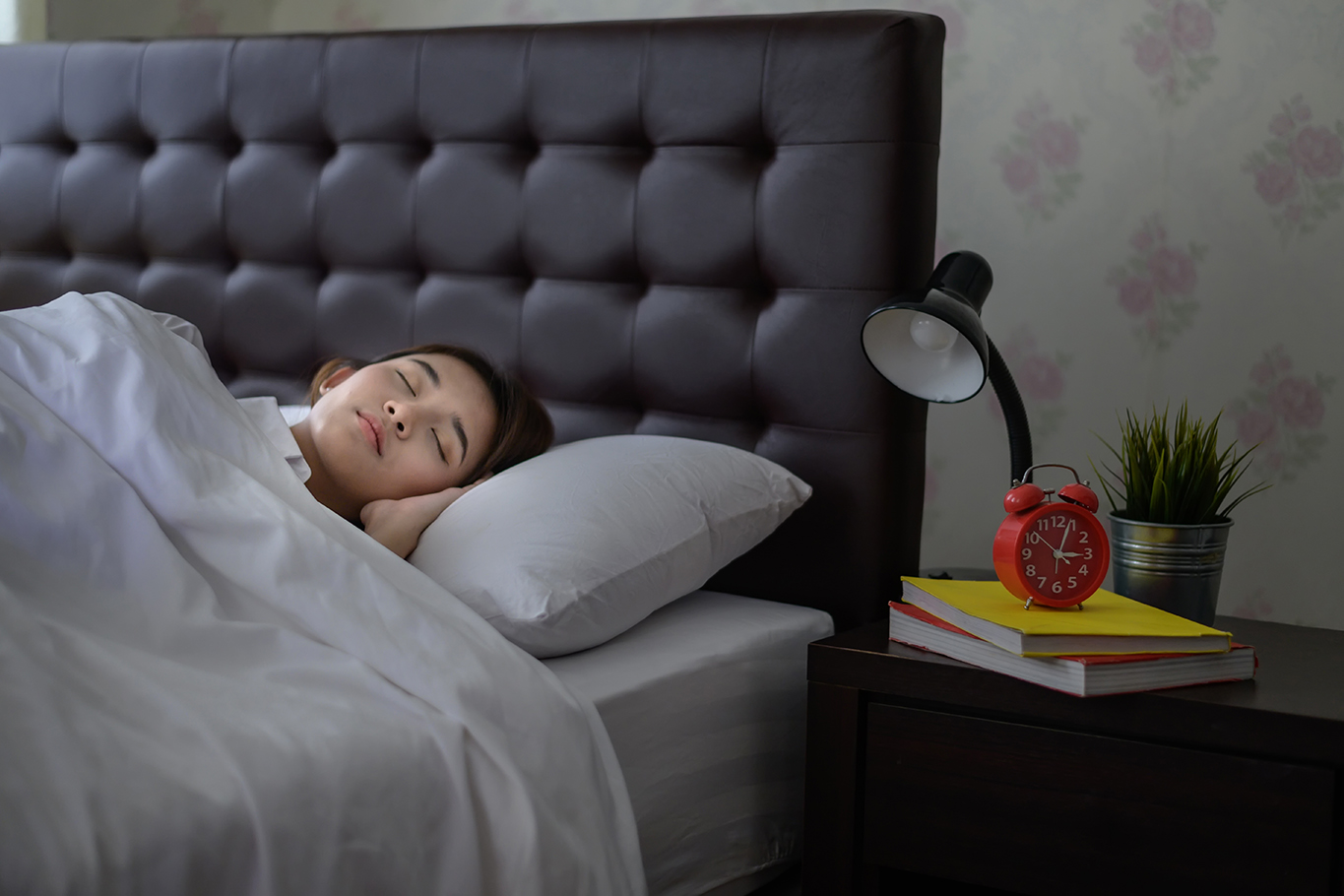 In a study conducted by the University of Warwick, researchers found that individuals’ perceptions of their sleep have a more significant impact on their well-being than the data provided by sleep-tracking technology. The study involved over 100 participants aged 18-22, who maintained a daily sleep diary over a two-week period. This diary included details like bedtime, time taken to fall asleep, wake-up time, and overall satisfaction with their sleep.
In a study conducted by the University of Warwick, researchers found that individuals’ perceptions of their sleep have a more significant impact on their well-being than the data provided by sleep-tracking technology. The study involved over 100 participants aged 18-22, who maintained a daily sleep diary over a two-week period. This diary included details like bedtime, time taken to fall asleep, wake-up time, and overall satisfaction with their sleep.
Throughout the following day, participants were asked to rate their positive and negative emotions, as well as their life satisfaction five times. In addition to this, they wore an actigraph on their wrist to monitor their movement patterns and estimate sleep quality. The researchers aimed to analyze the relationship between variations in sleep patterns, quality, and participants’ mood and life satisfaction the following day.
Dr. Anita Lenneis, the lead author from the University of Warwick’s Department of Psychology, highlighted that participants’ self-assessment of their sleep consistently correlated with their feelings of well-being and life satisfaction. Interestingly, when participants reported better sleep than usual, they experienced more positive emotions and a higher sense of life satisfaction the next day. However, the measure of sleep quality derived from actigraphy, known as sleep efficiency, did not show any association with the following day’s well-being.
Professor Anu Realo from the University of Warwick’s Department of Psychology added that these findings are aligned with previous research showing that subjective health reports, rather than actual health conditions, play a significant role in an individual’s well-being and life satisfaction. The study concludes that an individual’s positive evaluation of their sleep could contribute to a better mood on the subsequent day.
Dr. Lenneis emphasized that even if a sleep-tracking device indicates poor sleep, an individual’s perception of their sleep quality might be positive, leading to an improved mood. Conversely, if the device indicates good sleep but the person did not experience it as such, this information could prompt them to reassess their actual sleep quality. The study highlights how sleep trackers can offer insights into sleep quality not otherwise accessible, potentially enhancing an individual’s subjective perception of their sleep and overall well-being the next day.










